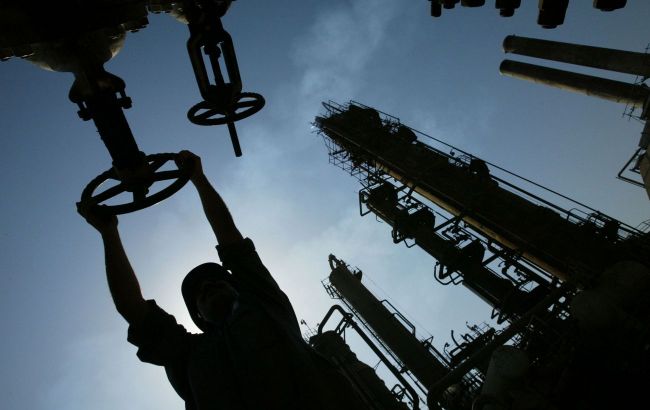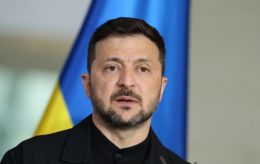South Korea investigating origin of oil that could enter country from Russia - Bloomberg
 South Korea is investigating the origin of oil that may have entered the country from Russia (Photo: Getty Images)
South Korea is investigating the origin of oil that may have entered the country from Russia (Photo: Getty Images)
South Korean customs authorities are investigating the origin of imports of naphtha, an ingredient for the production of plastics, focusing on Russian supplies, according to Bloomberg.
The investigation is looking into the purchases of several petrochemical producers in the country.
This includes at least one of South Korea's largest players, and the customs service has examined the entire industry over the past week. According to sources, the South Korean authorities contacted the Trafigura Group trading house.
As part of the investigations, the authorities are looking into the true origin of the goods purchased by end-users in South Korea. In particular, they are investigating whether oil from Russia could have been relabeled and offered to buyers as supplies from other countries.
South Korea's ties to Russia
In recent years, petrochemical companies in South Korea have had difficulty securing the oil they need. Traditionally dependent on Iranian condensate, this supply source dried up due to US sanctions against the Persian Gulf country. They then relied more on Russian oil, but the war in Ukraine has also complicated these purchases.
According to research company Kpler, Russia was the largest oil supplier to South Korea before the invasion of Ukraine, providing more than 25% of the country's 2021 imports.
After the war, buyers began to avoid direct purchases of Russian fuel amid US sanctions and fears of increased government scrutiny. In contrast, imports from countries such as Tunisia, the United Arab Emirates, and Singapore increased.
Keeping track of oil flows is difficult because different types of crude can also be used to produce gasoline, which falls under different numerical trade identifiers. They are also subject to different price thresholds under the G7 restriction.
US sanctions
On February 23, Washington imposed sanctions on the second anniversary of Moscow's invasion of Ukraine and in response to the death of opposition leader Alexei Navalny. The sanctions are aimed at Russia's leading tanker group, Sovcomflot, for violating the price cap on Russian oil set by the G7 countries and against 14 oil tankers associated with Sovcomflot.
Reuters wrote that the new US sanctions against Moscow threaten to reduce Russian oil sales to India, the largest buyer of Russian marine oil.

